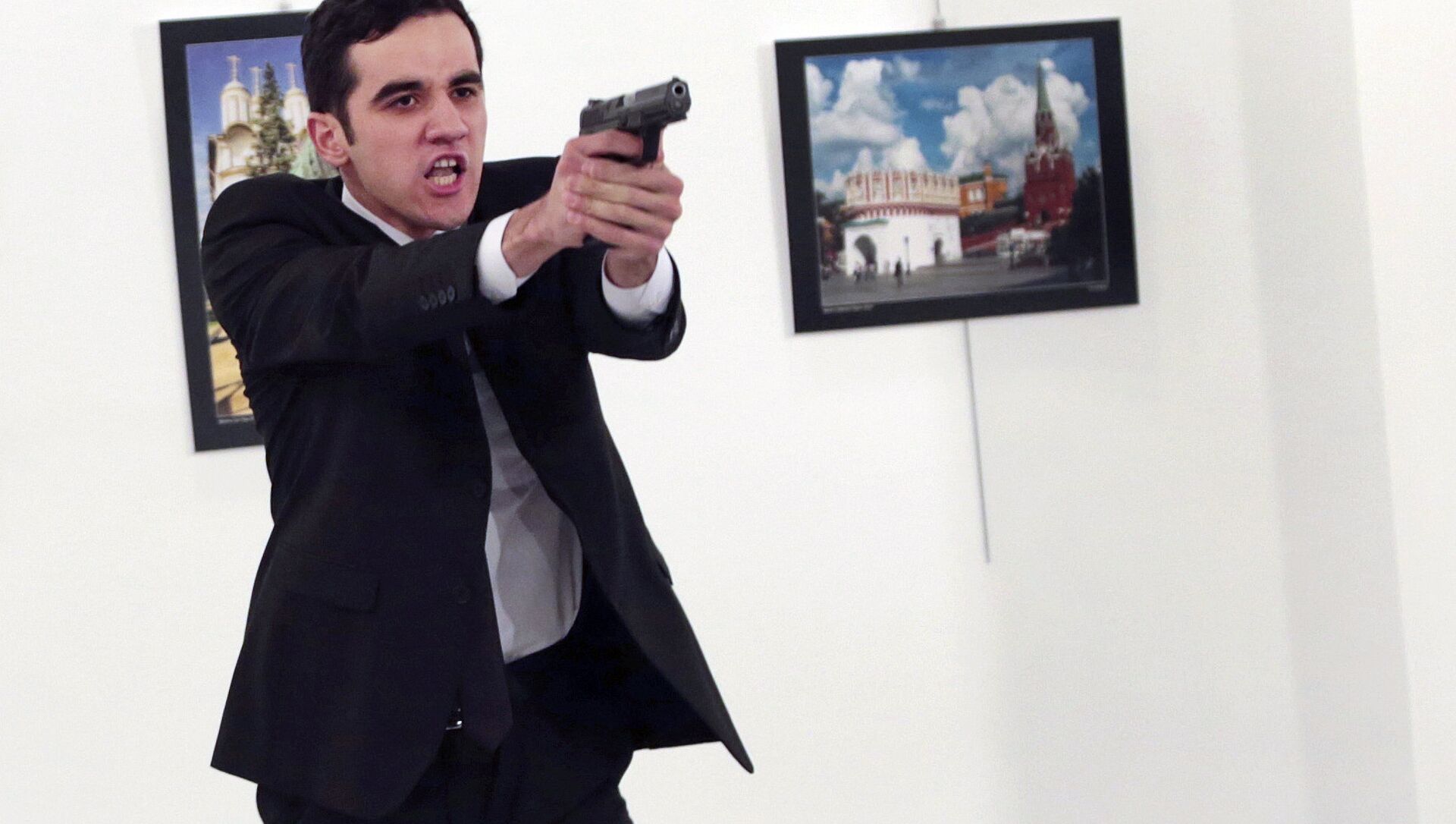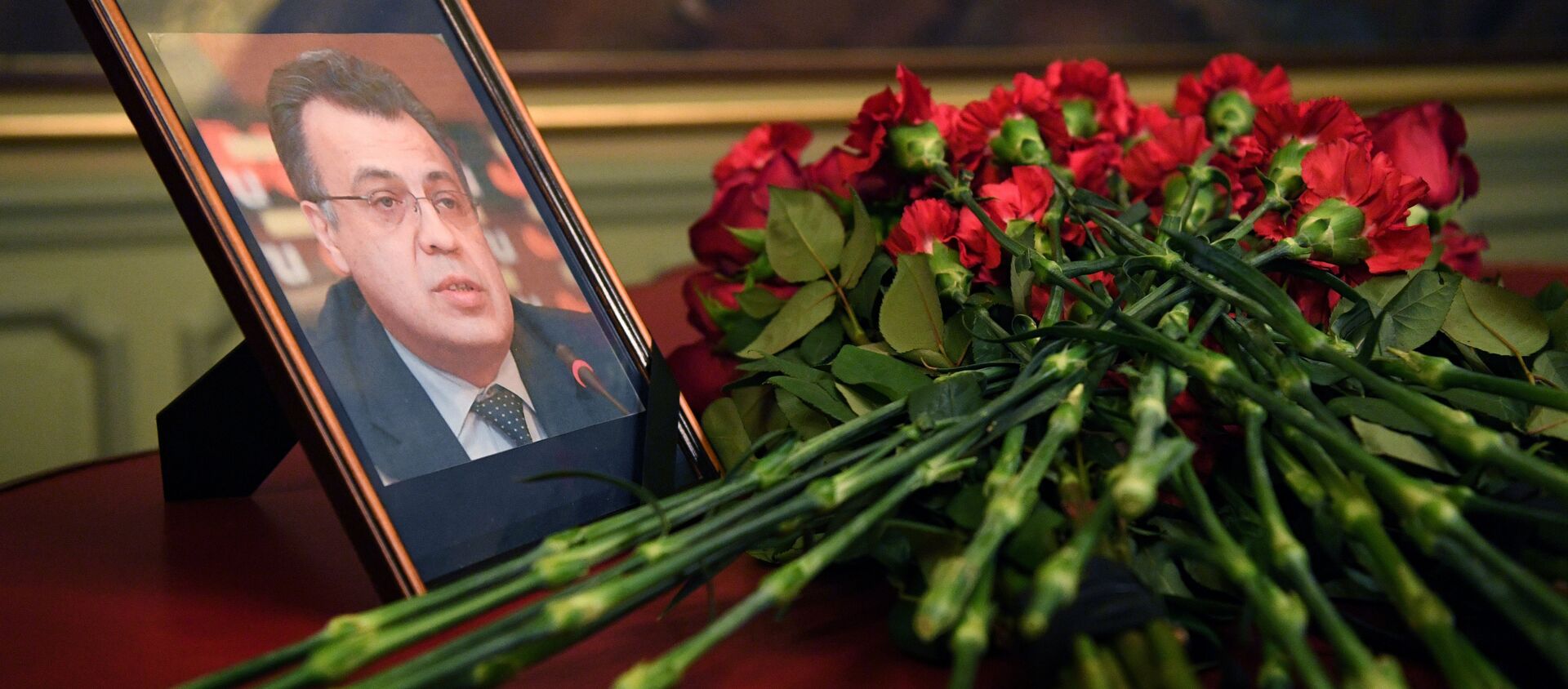An Ankara court has sentenced five people charged in the case of the assassination of Russian Ambassador Andrei Karlov to life in prison. Two of them have been sentenced on terrorism charges. Nine more people charged in the case have been sentenced to prison terms ranging from three to nine years. Six others who had previously been charged were found not guilty by the court.
The convicted had pleaded not guilty, claiming that they were wrongly accused and insisted that no evidence proving their culpability had been presented in court. The convicted are planning to appeal the court's decision.
Nine more suspects charged in the assassination case have not yet been tried in court, as many of them have still not been arrested. Among them is Fethullah Gülen – a Turkish cleric and founder of the opposition Gülen movement, which Ankara suspects of being the mastermind behind the murder of the Russian diplomat. Turkish authorities believe the plot was designed to tarnish Russian-Turkish relations.
Russia Satisfied With Turkey's Handling of Karlov's Killing Case
The Russian Foreign Ministry has issued a statement following the court's decision, saying Moscow was satisfied with the results of the Turkish law enforcement’s actions in the case of the diplomat's murder. The ministry added that it was looking forward to Ankara handing over the results of its investigation into the masterminds of the assassination.
"We closely followed the trial in Ankara on the case of Hero of Russia and Ambassador Extraordinary and Plenipotentiary Andrei Karlov […] It is satisfying that the law enforcement and judicial systems of Turkey have finally issued a verdict on this tragic incident, which left a heavy mark in the history of modern Russian-Turkish relations", the ministry said.
The Kremlin reiterated its belief that those who took part in exacerbating and inflating tensions between Turkey and Russia over the latter's operation in Syria had played a significant role in the tragic death of Karlov.
Karlov's Assassination
Russian Ambassador Andrei Karlov was killed on 19 December 2016 during his visit to an exhibition in Ankara called "Russia through Turks' eyes", where he delivered a speech. The attacker, off-duty Turkish police officer Mevlüt Mert Altintas, shot the diplomat nine times and injured three other visitors at the exhibition before being killed in a 20-minute-long shoot-out with Turkish security forces, who arrived at the scene.
According to witnesses, Altintas shouted "Allahu Akbar [God is the greatest]" and "we die in Aleppo, you die here" while shooting erratically both into the air and at the exhibition's visitors. It was alleged that the perpetrator's motive was related to the start of Russia’s military operation in Syria, during which the Russian Air Force helped Damascus repel terrorist groups and liberate territories controlled by them, including the city of Aleppo.
Ankara believes that members of the Gülen movement helped Altintas commit the assassination in order to drive a wedge between Russia and Turkey. The leader of the movement, Fethullah Gülen, denies the accusations.




